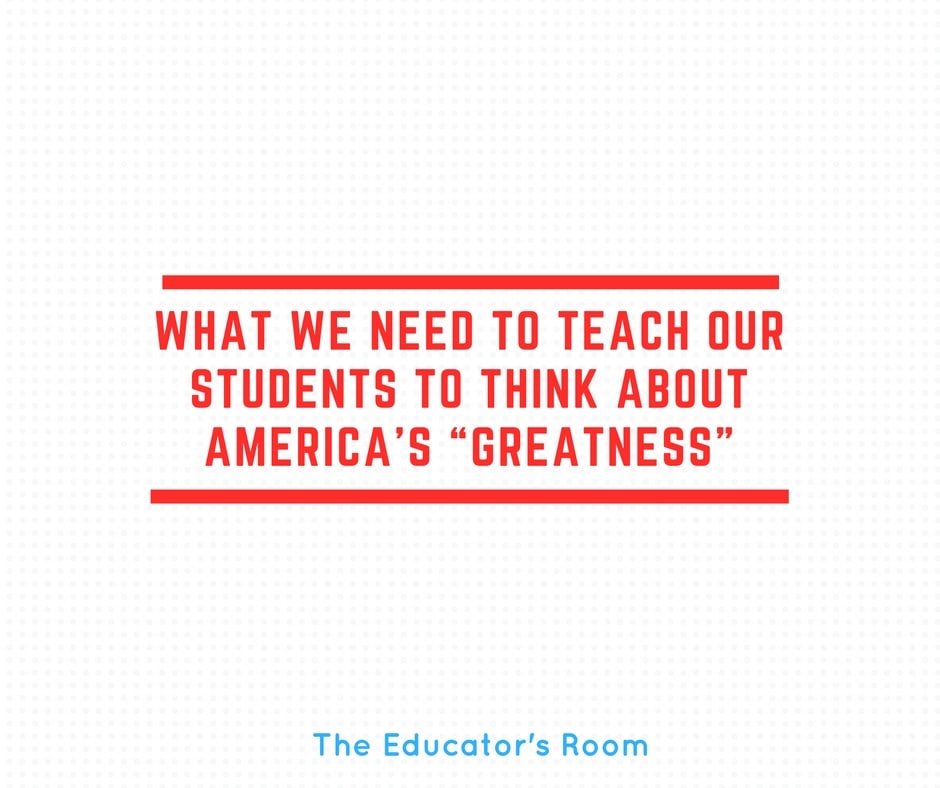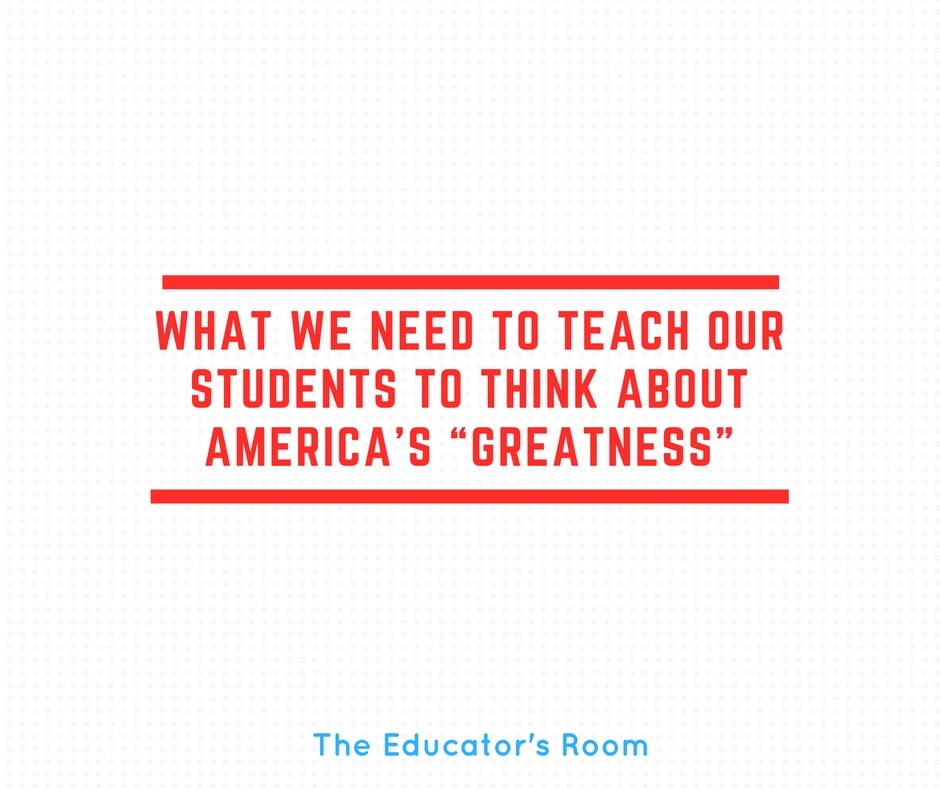When I teach poetry to my sixteen- and seventeen-year-old students, I often think about the fact that many of them will be voting soon.
I know that most people don’t see the connection here, but for me, teaching them to be critical readers of a poem is the best way to get them to be critical consumers of politicians’ messages. If I can teach them to base their ideas on evidence, to question what they are told, and ultimately to think for themselves, then they will be less likely to vote for a candidate because they like his truck or because they think his wife is hot.
Beyond voting, I don’t participate much in the political process—I don’t go to rallies or even write or call my senator about important issues. But I do get a chance to influence the way that these future voters think about information that they consume.
[fusion_builder_container hundred_percent=”yes” overflow=”visible”][fusion_builder_row][fusion_builder_column type=”1_1″ background_position=”left top” background_color=”” border_size=”” border_color=”” border_style=”solid” spacing=”yes” background_image=”” background_repeat=”no-repeat” padding=”” margin_top=”0px” margin_bottom=”0px” class=”” id=”” animation_type=”” animation_speed=”0.3″ animation_direction=”left” hide_on_mobile=”no” center_content=”no” min_height=”none”][bctt tweet=”One idea that they have likely been hearing a lot recently is the whole question about whether America is great or will be great again.” username=”EducatorsRoom”]
This question is hardly a new one to anyone who teaches American Lit. I’d bet that the idea of the American dream is one that is discussed in almost every single American Literature class in the country. And if you read good texts on the topic, you quickly learn how complicated the idea of the American dream really is. Texts like The Great Gatsby, A Raisin in the Sun, Death of a Salesman, The Woman Warrior, Native Son, The Joy Luck Club, The Grapes of Wrath, and Of Mice and Men all show readers the beauty of the people, ideals, and systems of the country in which they live. But they also point out the flaws in the system, the way that the American dream is not attainable to everyone.
Part of what I aspire to do as a teacher is to get students thinking about those flaws—and what they can do to fix them—so that the American dream will be possible for everyone.
But this is not a simple issue—and another part of what I aspire to do as a teacher is to teach them that things are complicated. It’s not really a question of if America is great or if it used to be. It is and was both great and not great at all.
So I strive to find texts that show students the complexity, ambiguity, and contradictions in the idea of the American dream so that we can discuss together, and so that I can help students to truly form their own ideas and maybe even solutions to the difficult problems that we face.
Here are my favorite short texts to get students thinking about these tough questions.
What I love about Langston Hughes’ poem “Let America Be America Again” is the way that it is simultaneously hopeful and realistic. The poem starts off by saying:
Let America be America again.
Let it be the dream it used to be.
Let it be the pioneer on the plain
Seeking a home where he himself is free.
(America never was America to me.)
It’s a paradox—America never was “America” to the speaker, and yet he has hopes that it might be everything he wants it to be some day. He wants “the dream… the pioneer… a home.” These are all things that he sees as being in the past, and yet he also recognizes that this nostalgic idea of his nation is not a real one, especially for those whose race or background makes it more difficult. While Hughes points out all the problems, all the ways that less powerful groups suffer in the United States, he also has hope that the people will one day rise up and make the country great, fulfilling its potential in a way that they have not done yet. He ends with a call to action: “We, the people, must redeem / The land…. /And make America again!”
I have been using an essay called “The Runner” by David Samuels for years. This fascinating non-fiction piece tells the story of a man who lied to get into Princeton—when he was twenty-nine.
Pat Mora’s poem “La Migra” seems to be simple and straightforward, but its portrayal of the power dynamics between an illegal immigrant and an immigration officer turns the reader’s initial impression on its head.
At almost three hours long, it’s not exactly a short film, but “Hoop Dreams,” which follows two boys in inner city Chicago from the age of twelve up through their graduation from high school, is powerful and a nice addition to any discussion of the American dream. The two boys in the film have amazing talent and big dreams, but it often seems the deck is stacked against them. Roger Ebert called it “the great American documentary,” and the soundtrack is pretty great too.
Adrienne Rich’s poem “Prospective Immigrants Please Note” captures the uncertainty and risk involved for anyone who chooses to pass through the door of immigration to try to accomplish the American dream. As the speaker states at the end of the poem, they must take the leap without having any guarantee of success: “at what cost who knows / The door itself makes no promises. / It is only a door.”
Of course, the most powerful discussions encompass multiple voices. It’s definitely not enough to read just one writer’s views on such a complicated topic.
But by listening to all of these different voices, by examining multiple perspectives and experiences, by doing a close reading of complicated texts, and by discussing together what we find there, I hope to give my students a full understanding of the difficulties, issues—and the greatness of America.
 [/fusion_builder_column][/fusion_builder_row][/fusion_builder_container]
[/fusion_builder_column][/fusion_builder_row][/fusion_builder_container]



